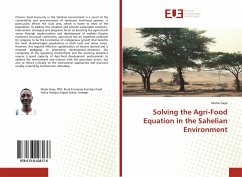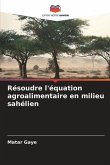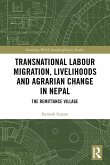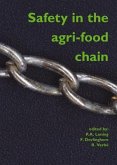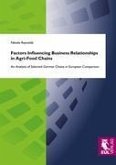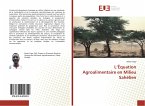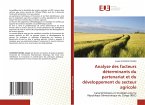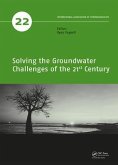Chronic food insecurity in the Sahelian environment is a result of the vulnerability and precariousness of dominant livelihood systems. It particularly affects the rural area, which is home to most of the population. To address this situation and provide sustainable solutions, intervention strategies and programs focus on boosting the agricultural sector through modernization and development of markets. Despite numerous structural constraints, agriculture has an important potential for progress to be the locomotive of endogenous growth that benefits the most disadvantaged populations in both rural and urban zones. However, this requires effective capitalization of lessons learned and a renewed pedagogy in promoting development. Moreover, the complexity of the operating environment and the evolving dynamics require a good capacity of Agri-food development professionals to observe the environment and interact with the grassroots actors, but also to reflect critically on the intervention approaches and practices usually inspired by technocratic orthodoxy.
Bitte wählen Sie Ihr Anliegen aus.
Rechnungen
Retourenschein anfordern
Bestellstatus
Storno

